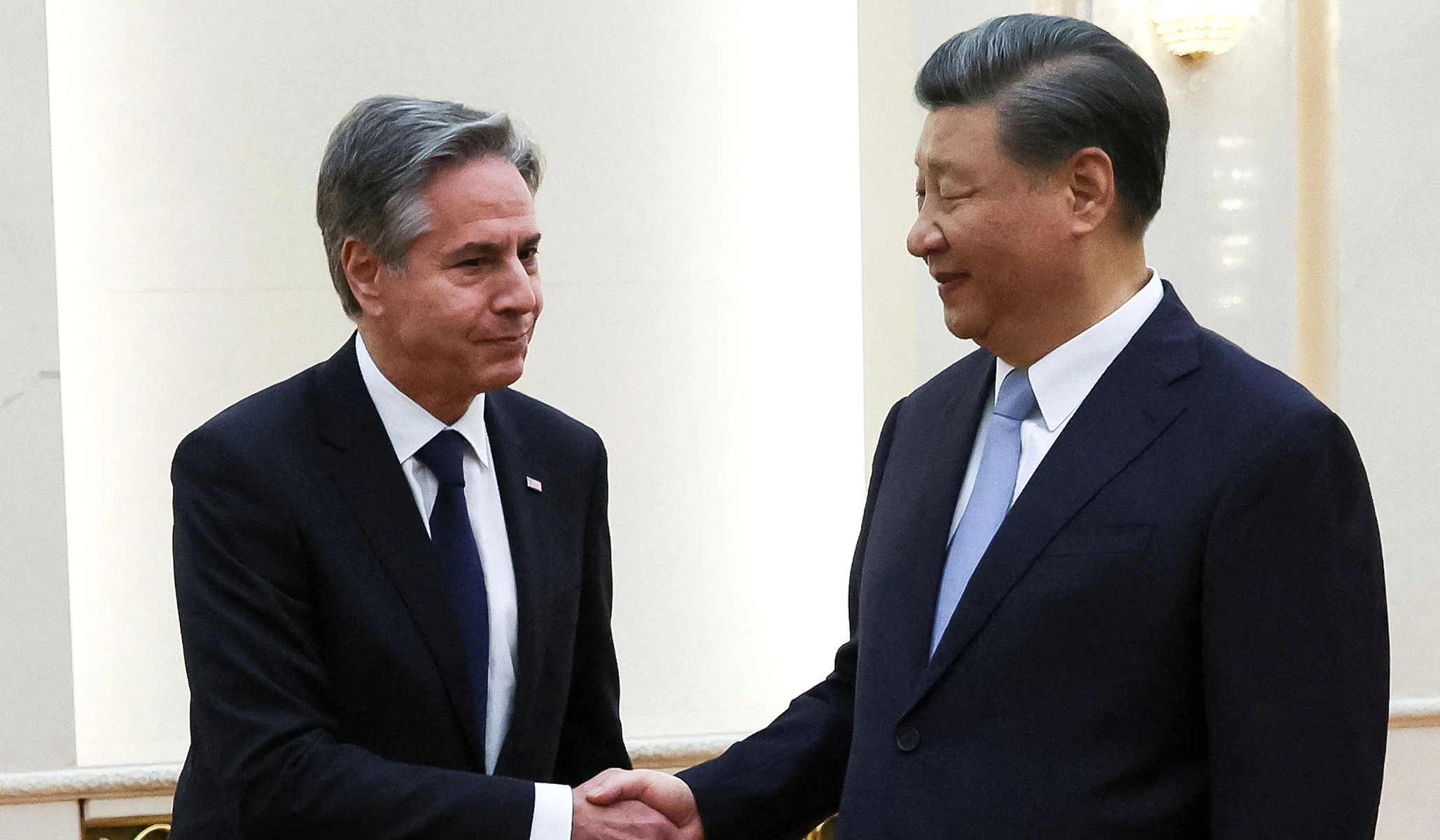Secretary of State Antony Blinken recently traveled to China, spending two days in Beijing meeting with Chinese officials, including President Xi Jinping. While it is important to maintain high-level diplomatic contact with adversaries such as the Chinese Communist Party, the State Department’s persistent prioritization of engagement with China at the expense of America’s interests is concerning.
The goal of Blinken’s trip was to stabilize high-level communication between the US and China, but the only concrete results were agreements to resume flights, restore educational and cultural exchanges, and explore the establishment of a working group on preventing the export of fentanyl precursor chemicals from China. The resumption of military-to-military dialogue, a breakthrough many hoped for, was not achieved.
Furthermore, reports suggest that the State Department is slow-walking measures responding to Beijing’s misbehavior, and the administration has declined to release the results of the FBI’s probe into the contents of a Chinese military-surveillance device that was floated over several key US bases in February. The administration’s response to the incident has irked Chinese officials, and President Biden has downplayed its significance.
While Blinken raised human rights concerns in his meetings, promoting human rights was not a primary focus of the trip. The State Department’s annual statement on the Tiananmen massacre was also noticeably shorter and more perfunctory than in previous years.
Blinken’s trip paves the way for other cabinet officials and climate envoy John Kerry to visit Beijing in the coming months, possibly culminating in an in-person meeting between Biden and Xi. However, the administration’s apparent reluctance to take strong measures against China carries its own risks. Congress may need to force the administration’s hand on the measures it is slow-walking to ensure America’s national security.

